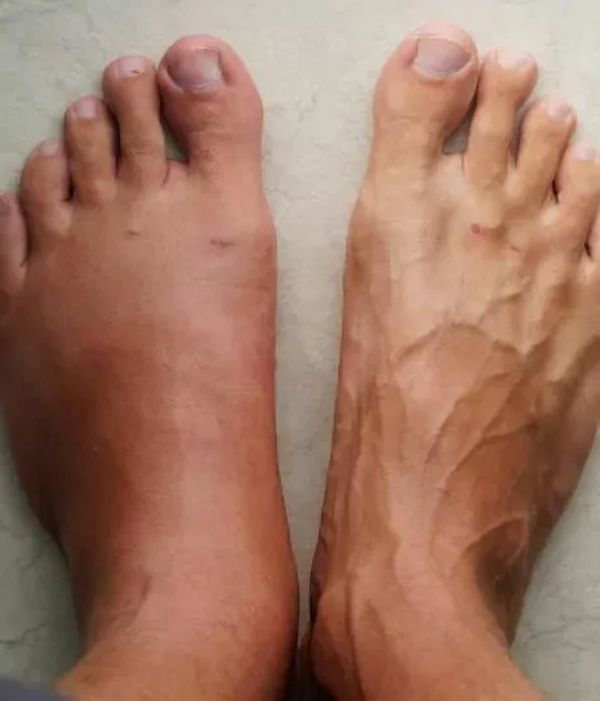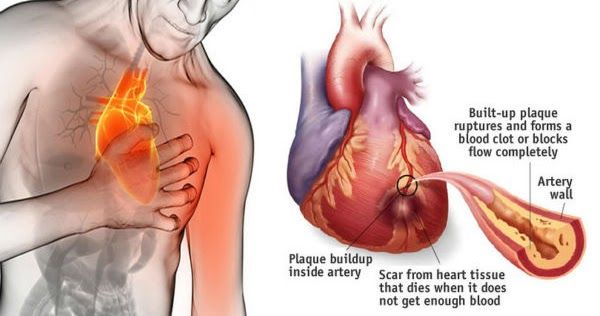
Living a healthy lifestyle is crucial for protecting your heart and preventing heart attacks. Unhealthy diets and stressful lifestyles have become the leading causes of death worldwide in recent years. To safeguard your heart, make sure to incorporate the following habits into your daily routine: eating plenty of fruits and vegetables, getting a full 8 hours of sleep each night, and managing stress levels. Additionally, it is important to pay attention to the warning signals your body may give you. These signals often manifest about a month before a heart attack occurs. Here are six warning signs to look out for:
1. Shortness of Breath
If you suddenly find yourself struggling to catch your breath, it could be a sign that your heart is not able to properly supply enough blood and oxygen to your lungs. If you experience this symptom, it is essential to contact your physician immediately.
2. Cold and Flu Symptoms
While it may be easy to dismiss these symptoms as just a common cold or flu, it is important to be aware that they could be indicative of something more serious. If you are experiencing cold or flu-like symptoms along with any of the other warning signs on this list, it is advised to seek medical attention.
3. Chest Pressure
Feeling pressure or pain in your chest may be one of the most obvious signs that a heart attack is imminent. Do not ignore this symptom and consult with a doctor if you experience chest pain or pressure.
4. Weakness
When the heart is weak, it can hinder the flow of blood and oxygen to the muscles, resulting in constant fatigue and weakness. If you are consistently feeling weak and tired, it is important to consult with your physician.
5. Cold Sweats and Dizziness
Poor circulation can disrupt the flow of blood to the brain, leading to cold sweats and dizziness. Proper blood flow to the brain is crucial for its optimal functioning. If you are experiencing these symptoms, it is recommended to seek medical advice.
6. Sleepiness
If you find yourself consistently feeling sleepy and tired even after getting enough rest, it may be because your heart is not receiving adequate blood flow. This could be a sign of a potential heart issue and should not be ignored.
Prevention is key when it comes to heart attacks. By recognizing and promptly treating these warning signs, you can significantly reduce the risk of experiencing a heart attack. Remember, taking care of your heart is of the utmost importance for maintaining good overall health and wellbeing.




